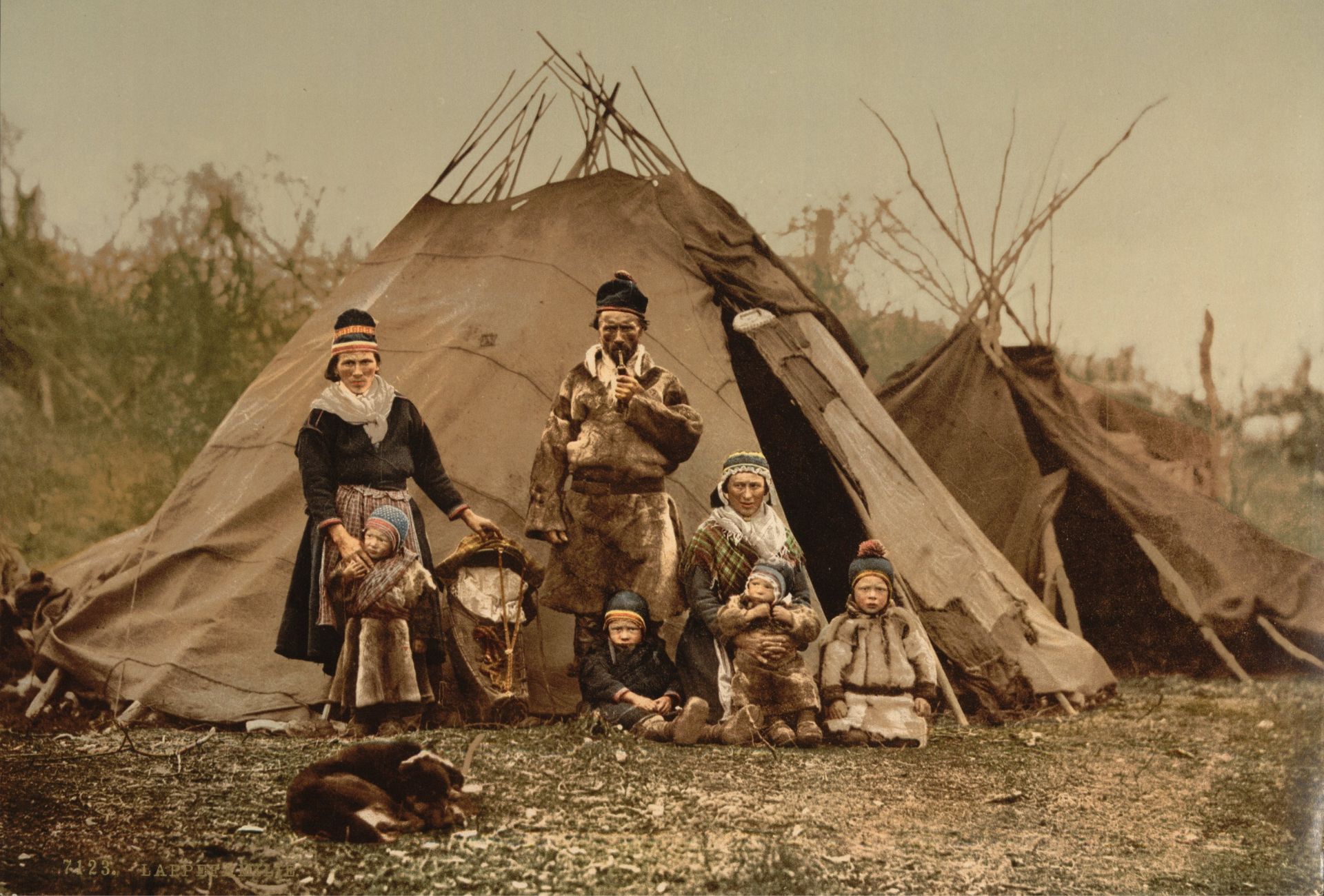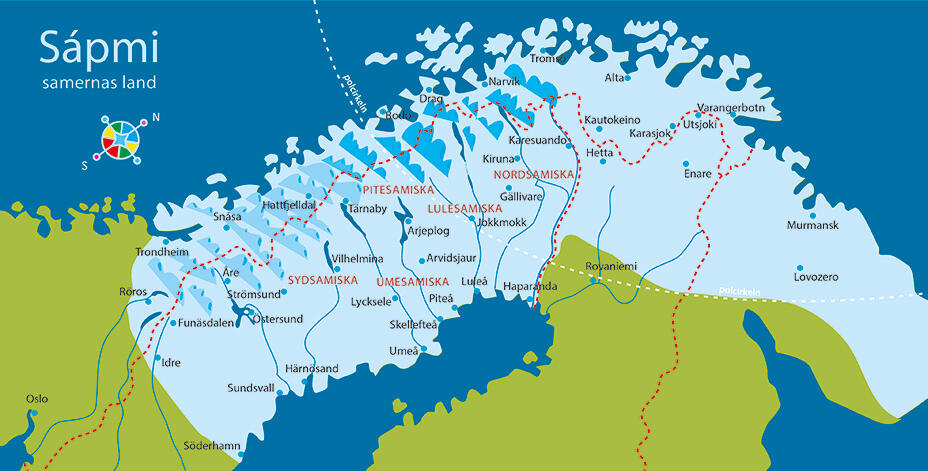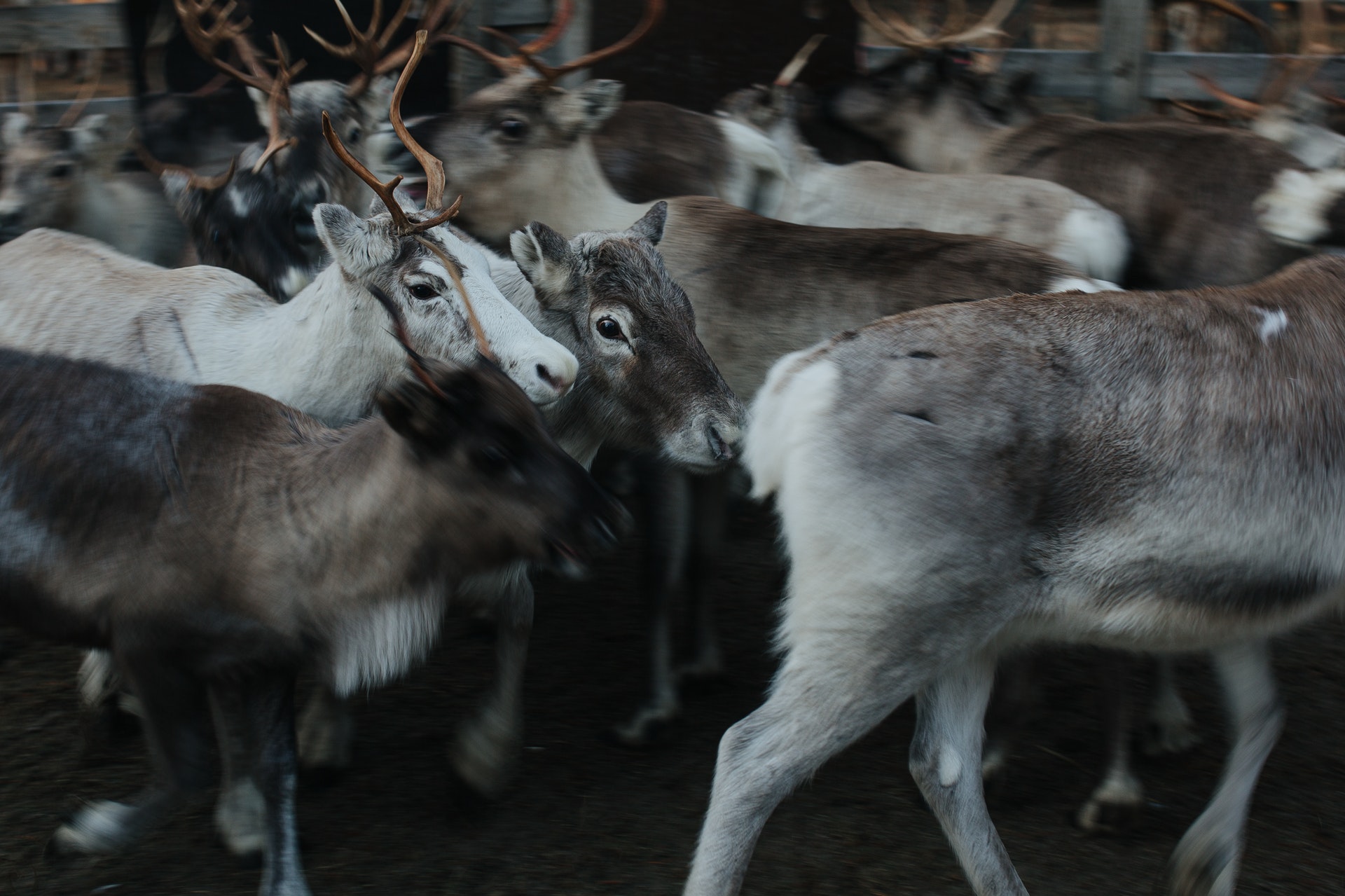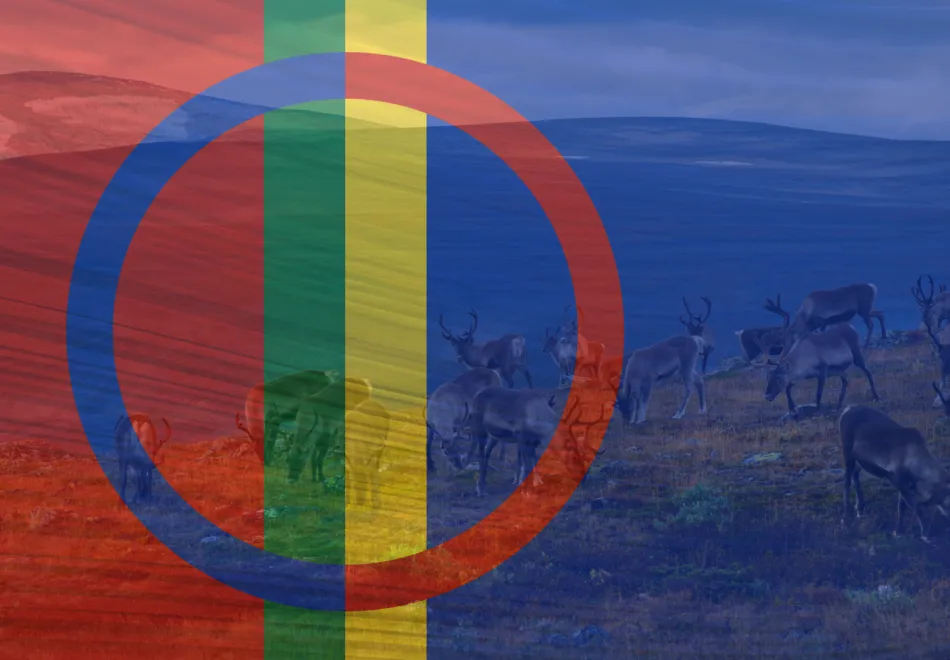The Sámi is one of the world’s indigenous peoples, and the only recognized indigenous people in Europe. The traditional Sámi cultural region is called Sápmi, an area which covers a large part of Northern Sweden, Northern Norway, Northern Finland and the Kola Peninsula of Russia. Approximately 20 000-40 000 Sámi live in Sweden today.
The Sámi have their own culture, languages and livelihoods which differs from the majority populations of these countries. Reindeer herding, hunting, fishing, gathering and traditional crafting are all important parts of everyday Sámi life. Beyond that most Sámi live modern lives just like any other citizen, working in all different business-, culture- and public sectors, in cities, towns and rural areas across Sweden.

The Sámi have a long and troubled history with Sweden, where Sámi language and culture have been supressed for hundreds of years. From Christianization, colonial settlements, forced relocation and practice of racial biology – the Sámi people in Sweden have been through a lot. It is only in modern history that Sámi culture has been recognized as an important and integral part of the Swedish state. In Umeå (known as Ubmeje in the Ume Sámi language), Sámi language and traditions are an ongoing work of revitalization and spreading of knowledge. Through the 2014 European Cultural Capitol celebration, the establishing of the Tráhppie Sámi Cultural Centre and ongoing efforts in the municipality, Sámi culture is getting more known to the everyday citizen. Every year Ubmejen Biejvieh (the Sámi week) is held in Umeå featuring Sámi artists, handicrafts, foods and businesses.
 Map of Sápmi. Map by: Samiskt informationcentrum, Anders Sunesson
Map of Sápmi. Map by: Samiskt informationcentrum, Anders Sunesson
Sámi culture is both wrought with tradition and modern, where old practices are mixed with new materials, influences and methods. In recent years Sámi culinary practice has become more known especially through the work of Slow Food Sápmi.

